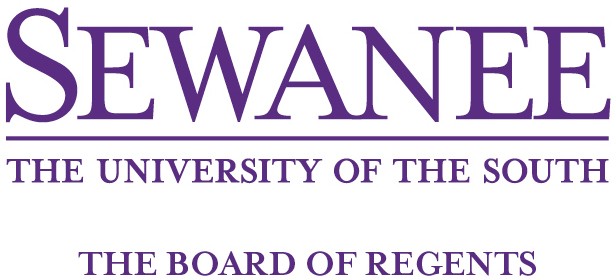A STATEMENT BY THE BOARD OF REGENTS
OF THE UNIVERSITY OF THE SOUTH
September 8, 2020
“And ye shall know the truth, and the truth shall make you free.”
The Gospel of John
History, James Baldwin wrote in 1965, “is not merely something to be read. And it does not refer merely, or even principally, to the past. On the contrary, the great force of history comes from the fact that we carry it within us, are unconsciously controlled by it in many ways, and history is literally present in all that we do.”
The University’s history, like America’s history, is a mix of light and shadow. In this long-overdue American moment of confronting systemic racism four centuries after Jamestown, two and a half centuries after the founding of the American republic, a century and a half after the Civil War and the launching of this University, and more than half a century after the Civil Rights Act of 1964 and the Voting Rights Act of 1965, the University acknowledges that a compelling task of our time is repairing the damage caused by the enslavement and exploitation of Black people by intergenerational racism, by inequality of opportunity, and by the perpetuation of the gap between America’s ideals and the undeniable inequities bound up in identity, chiefly racial identity.
The University of the South has much to be proud of. For generations it has educated people of good will to lead lives of distinction and of service. It did so yesterday, it does so today, and it will do so tomorrow. And an essential part of that education is the recognition of the true nature of the history of the nation, of the South, and of the University we value so much.
The University of the South was long entangled with, and played a role in, slavery, racial segregation, and white supremacy—forces that found particular and painful expression in the Confederacy and, later, in the “Lost Cause” mythology of the white South.
Many will understandably say that they do not recognize their Sewanee in these words. Others, however, will see the Sewanee of their experience captured all too clearly. To consider the University as part of a web of institutions, laws, and attitudes that denied all Americans equal access to the promises of the Declaration of Independence is uncomfortable and painful. But discomfort and pain can be wellsprings of education, enlightenment, and change. That has been true in individual lives and in the lives of nations and of institutions, and we believe it can be true for us now.
To guide our current discussions and discernment as a community, the University will draw on the unfolding findings of its six-year Roberson Project on Slavery, Race, and Reconciliation, a rigorous scholarly undertaking begun in 2017.
At its best, the University has lived up to the humane values it has long professed and acted upon, including devotion to the primacy of reason and, in keeping with our Episcopal identity, to the work of reconciliation and social justice. At its worst, the University has been associated with the most repugnant aspects of our national and regional history. We are not flinching from that hard truth, for the truth, as we were assured long ago, can make us free—free from the prejudices and the passions of the past.
Therefore, the University of the South categorically rejects its past veneration of the Confederacy and of the “Lost Cause” and wholeheartedly commits itself to an urgent process of institutional reckoning in order to make Sewanee a model of diversity, of inclusion, of intellectual rigor, and of loving spirit in an America that rejects prejudice and embraces possibility.


